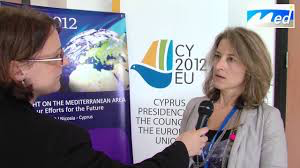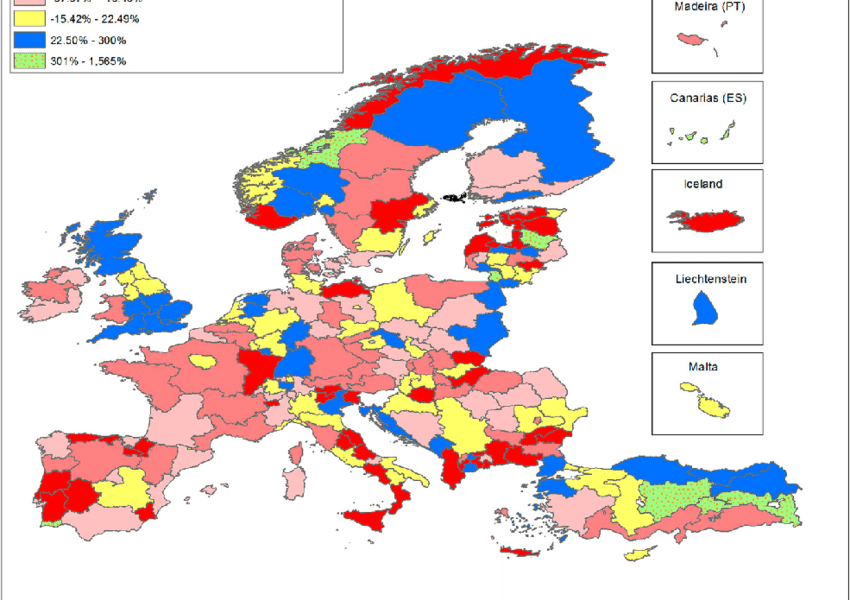The Conference of Peripheral Maritime Regions (CPMR) said it “welcomes” the European Parliament’s decision to adopt the Common Provisions Regulation Report on future investment in EU regions, which represents a positive step towards a strong, reformed Cohesion policy after 2020.
In particular, the CPMR supports the Parliament’s decision to remove from the report the link between Cohesion Policy and sound economic governance and effectiveness, commonly known as macro-economic conditionality.
The CPMR has long called for this this provision to be removed because some macroeconomic conditions are linked to structural and investment funds, meaning if an EU Member State fails to comply with them the European Commission can suspend part of or all the funds. This penalises regional authorities even though they have no responsibility over national budgetary planning and fiscal discipline.

Enrico Rossi, CPMR Vice President and President of the Tuscany Region, said: “The European Parliament’s proposal to abolish macroeconomic conditionality from the post-2020 regional funding regulations is a victory for the regions, for Europe and for citizens who are the true beneficiaries of the cohesion funds”.
The CPMR has welcomed several other positive aspects of the Parliament’s report, which are in line with its own proposals, including the need to strengthen multilevel governance and partnership between the EU and the regions, and the need for Cohesion policy funds to be coordinated with the Fund for Rural Development.
It also supports the report’s rejection of plans from the European Commission to reduce co-financing rates and for new mechanisms to be set up to transfer Cohesion policy resources to other EU policies and funds.

CPMR Secretary General, Eleni Marianou, said: “We welcome the European Parliament’s positive report, which aligns with the CPMR’s own position and is aimed at boosting jobs and growth in all regions. The onus is now on Member States to support this position for the benefit of citizens across Europe”.




